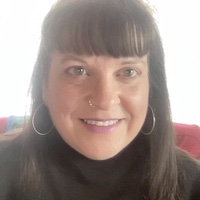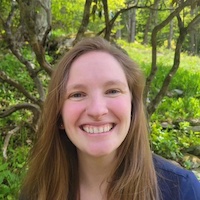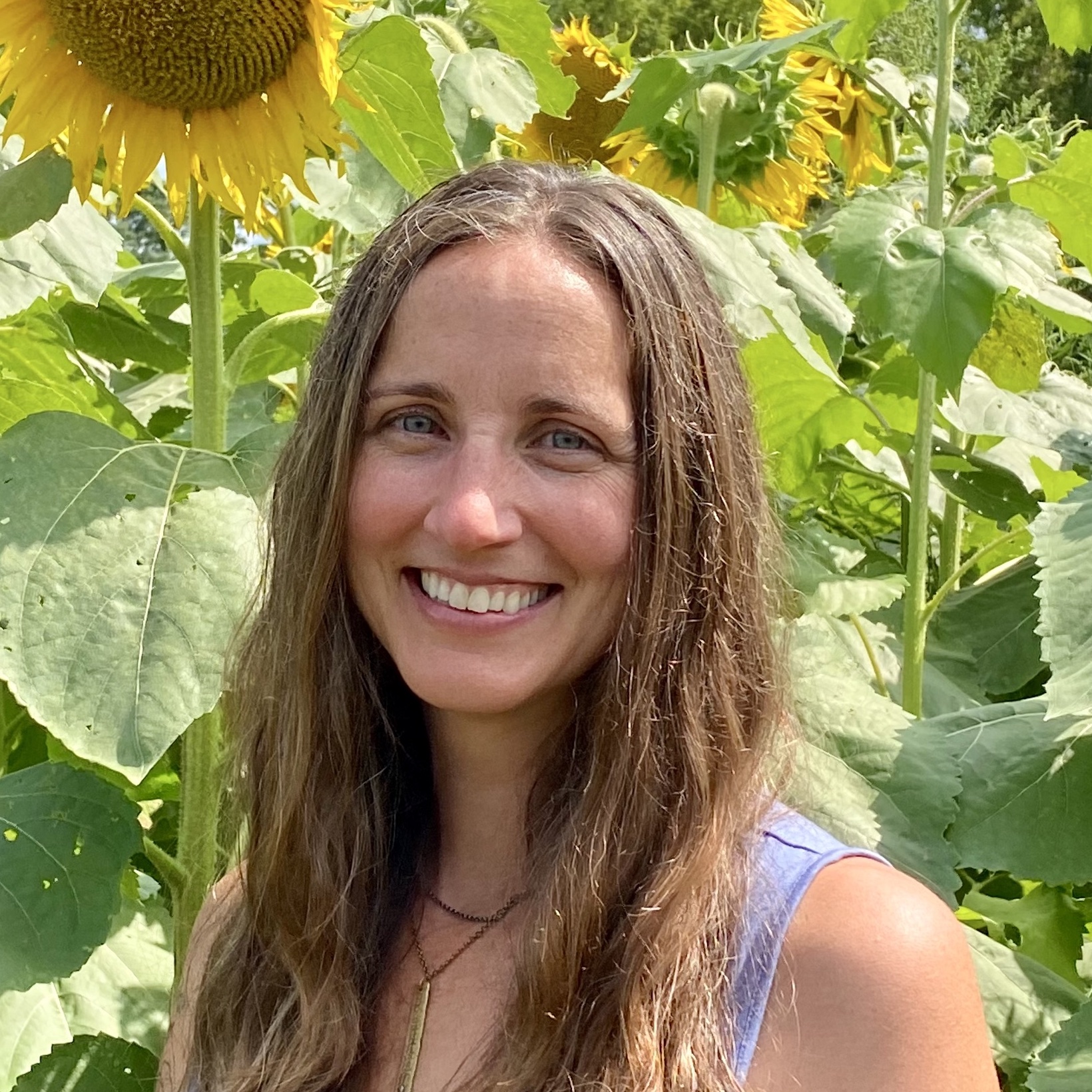The I-Team Augmentative & Alternative Communication (AAC) Team
The I-Team AAC team works specifically on issues related to language and speech. They support teams of health care providers and educators around the state of Vermont.
 |  |  |
Maureen Nevers | Chelsea Deraway Speech Language Pathologist (SLP) | Amy Starble, M.S. Communication Consultant |
Frequently Asked Questions About Augmentative and Alternative Communication (AAC)
What are the types of AAC?
Who benefits from AAC?
Any person who is not able to fully participate in communication to the same degree as their peers, using speech alone, may benefit from augmentative and alternative communication.
How do we decide which AAC option to try?
A child’s speech language pathologist (SLP) will work with the I-Team AAC consultant to complete an informal
feature match, which will be a framework for matching the child’s needs and strengths with the specific features of an AAC option.
How do we teach a child to use an AAC system?
In order for a child to learn to use any AAC system the child’s communication partners (family, teachers, therapists, friends) need to show the child how and when to use the system in natural contexts, supplementing their own speech.
In addition to modeling the use of a system a child needs to have time to explore the system and have his/her communication partners respond to each initiation in a meaningful way.
How do we fund an AAC system?
Following completion of a 1-month trial, during which time comprehensive data is collected, the local SLP can work with the I-Team AAC consultant to complete insurance and/or Medicaid funding to obtain a device for a child.

